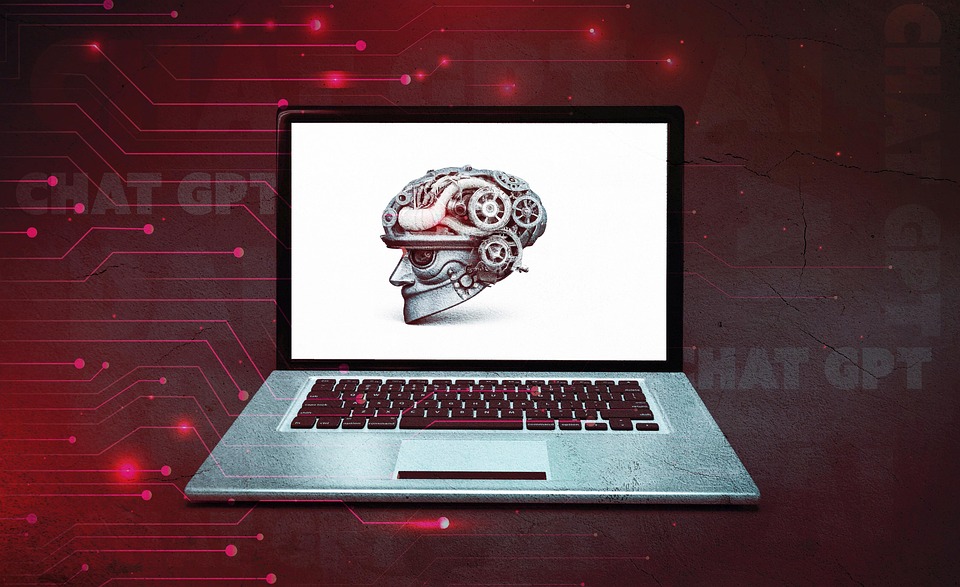As we stand on the precipice of a new technological era, the race for artificial intelligence (AI) supremacy has become a defining feature of the 21st century. From advanced machine learning algorithms to automated decision-making processes, AI is set to revolutionize industries, redefine global economies, and reshape society itself. But who will lead this seismic shift? The contenders are numerous, ranging from tech giants and startups to nations. Let’s explore the various players in this intense race and the implications of their pursuit.
The Contenders: Tech Giants Leading the Charge
1. United States: Silicon Valley’s Innovation Engine
The United States, particularly Silicon Valley, has long been at the forefront of technological innovation. Companies like Google, Microsoft, Amazon, and OpenAI are pouring billions into AI research and development. With vast resources, expert talent, and a culture of risk-taking, these companies are developing cutting-edge technologies that harness the power of AI for everything from healthcare to autonomous vehicles. Google’s Bard and Microsoft’s integration of AI into Office products illustrate just how far they are willing to go to maintain their competitive edge.
2. China: A National Strategy for AI Dominance
China has made AI a key component of its national strategy, aiming to become the global leader in the field by 2030. The government has invested heavily in ramping up its AI capabilities, focusing on areas such as facial recognition, smart cities, and autonomous technologies. Companies like Baidu, Alibaba, and Tencent are breaking ground in these sectors, and state-sponsored initiatives have accelerated growth. China’s approach is characterized by its aggressive data collection practices, which furnish its AI systems with vast amounts of information.
3. European Union: Regulating for Responsible Innovation
While the EU may not have a single tech giant on par with those in the U.S. or China, it is advancing a distinctive approach to AI through regulation. The EU’s aim is to develop a legal framework that promotes responsible innovation while ensuring ethical standards and data protection. The European AI Act is at the forefront of this initiative, potentially setting global precedents for how AI technologies are developed and deployed, although this could also stifle rapid innovation.
4. Startups and Innovators: Disruption from Below
In addition to established players, a host of startups are emerging as challengers in the AI landscape. Companies like OpenAI have made significant strides with innovative models and applications, often supported by venture capital funding. These startups can move quickly, adapting to changes in technology and consumer needs, which sometimes allows them to outpace larger corporations.
The Implications of AI Supremacy
Economic Superiority
Countries that succeed in AI supremacy may achieve substantial economic growth and job creation in tech-driven sectors. However, this could also lead to job displacement in traditional industries. Economists warn that without proactive strategies, the benefits of AI could exacerbate income inequality, as high-skilled workers thrive while lower-skilled jobs diminish.
Ethical Dilemmas and Governance
As AI technologies proliferate, ethical concerns such as bias, privacy, and accountability come to the fore. Who is responsible if an AI system causes harm? The debate over ethical AI is becoming critical as countries develop policies to ensure safety and fairness in AI deployment. A tussle between innovation and regulation is expected to become a battleground for nations.
Geopolitical Tensions
AI superiority could become a new frontier in international relations, influencing military capabilities and national security. Whoever leads in AI may also gain strategic advantages in cybersecurity, surveillance, and defense technologies, leading to heightened tensions among nations.
Conclusion: The Race is On
The race for AI supremacy is no longer just a competition among tech companies; it has evolved into a complex geopolitical landscape involving nations that understand AI’s potential to transform economies and societies. As this revolution unfolds, the leaders will not only be determined by the technological advancements they achieve but also by their ability to navigate ethical dilemmas and governance challenges.
The stakes are high, and the outcomes uncertain, but one thing is clear: the battle for AI supremacy is set to define the future of technology, economy, and global power dynamics for decades to come. As we move forward, collaboration across borders and industries may prove essential in harnessing this transformative technology for the benefit of all.



